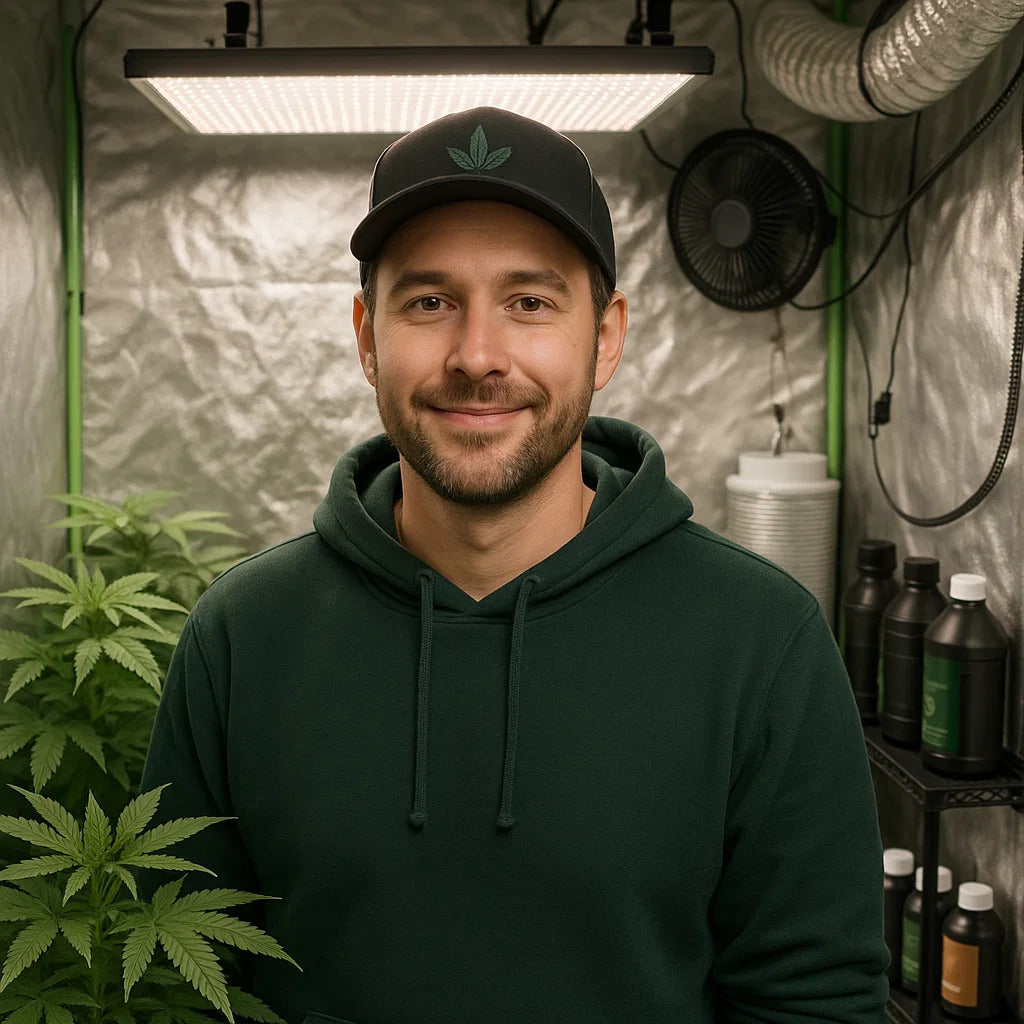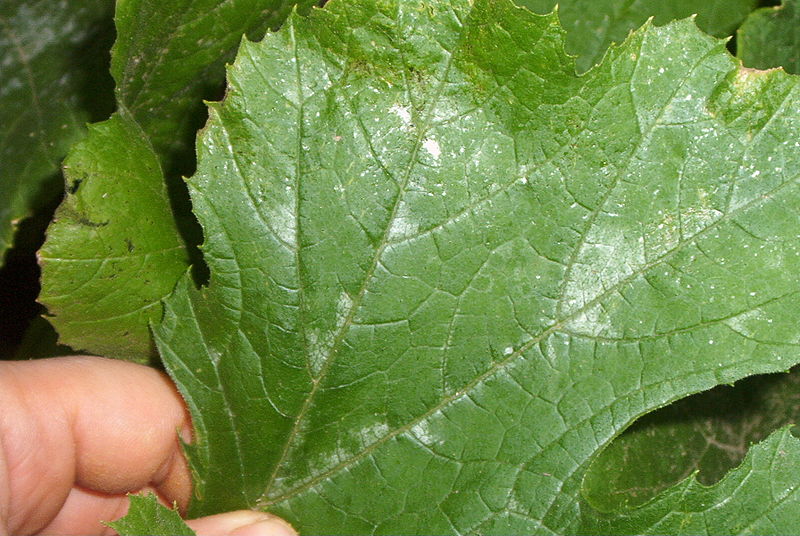
Do Grow Tents Keep the Smell In? (How to Make Them Smell-Proof)
If you're growing plants indoors, especially aromatic ones like tomato, herbs, or certain flowers, you might wonder: Do grow tents keep the smell in? The short answer is yes, but only with the right setup. Grow tents help contain odors, but additional equipment like carbon filters and proper ventilation is essential to completely eliminate smells from escaping.
In this guide, we’ll explore how grow tents manage odors, what factors influence their effectiveness, and how to create a completely smell-proof growing environment.
How Grow Tents Contain Odors
1. Sealed Enclosure with Thick Fabric
A high-quality grow tent, like Gorilla Grow Tent, features thick, high-density canvas (1680D fabric) that helps contain odors. The heavy-duty material prevents air (and smell) from freely escaping. However, grow tents are not fully airtight, so they need additional measures to ensure no smell leaks out.
2. Ventilation System & Airflow Control
Grow tents have built-in ducting ports for air circulation. Without proper ventilation, odors can build up and leak out when you unzip the tent. This is why a carbon filter and inline fan system are necessary to remove smells before air exits the tent.
3. Carbon Filter for Odor Removal
A carbon filter (activated charcoal filter) is the most effective tool for trapping odor molecules. When attached to an inline fan, it scrubs the air before exhausting it outside the grow tent, keeping your grow area odor-free.
Factors That Affect How Well a Grow Tent Controls Smell
1. Quality of the Grow Tent
Not all grow tents are created equal. Low-quality tents with thin fabric allow odors to escape more easily. Opt for premium grow tents with heavy-duty canvas and reinforced zippers for better containment.
2. Proper Ventilation Setup
Even if you have a high-quality tent, improper airflow can cause odor leaks. Make sure your grow tent is equipped with:
✅ Inline fan to pull air out
✅ Carbon filter to remove odors
✅ Ducting setup to vent air outside or into a filtered space
3. Tent Size & Plant Type
Larger tents with more plants will produce stronger odors. If you’re growing particularly aromatic plants, you may need a stronger carbon filter and higher CFM fan to handle the increased smell.
4. Negative Air Pressure
Maintaining negative pressure inside the tent ensures that odor doesn’t escape through small gaps. This means the extraction fan should be slightly stronger than the intake fan, causing a slight inward pull on the tent walls.
5. Using Odor Neutralizers
While a grow tent and ventilation system do most of the work, odor neutralizers like ONA gel, air purifiers, or essential oil diffusers can add an extra layer of smell control.
Best Practices for a Smell-Proof Grow Tent
1️⃣ Invest in a High-Quality Grow Tent – Choose thick canvas, industrial-strength zippers, and proper seals (like Gorilla Grow Tents).
2️⃣ Use a Powerful Carbon Filter – Ensure it matches the size of your grow tent and fan.
3️⃣ Set Up Proper Ventilation – Inline fan, ducting, and filter should work together for odor control.
4️⃣ Maintain Negative Pressure – Keep a slight inward pull on the tent walls.
5️⃣ Check for Leaks – Seal any small openings with duct tape or adhesive strips.
6️⃣ Keep the Grow Room Clean – Regularly clean old leaves and spilled water to reduce odor buildup.
7️⃣ Consider Extra Odor Control – Use air purifiers, deodorizers, or neutralizing gels.
Do Grow Tents Keep the Smell In?
Yes, grow tents help contain smells, but they are not 100% smell-proof on their own. To completely eliminate odors, you need:
✅ A high-quality grow tent
✅ A carbon filter and inline fan system
✅ Proper ventilation and negative pressure
By following these steps, you can grow discreetly without worrying about strong odors escaping into your home.

Lena Myles
I'm a mushroom enthusiast and home cook based in Oregon. I'm passionate about foraging and creating fungi-focused recipes, especially delicious, plant-based dishes using gourmet mushrooms like trumpet, shiitake, and oyster. When I’m not in the kitchen, you’ll usually find me wandering the woods in search of new wild flavors.


